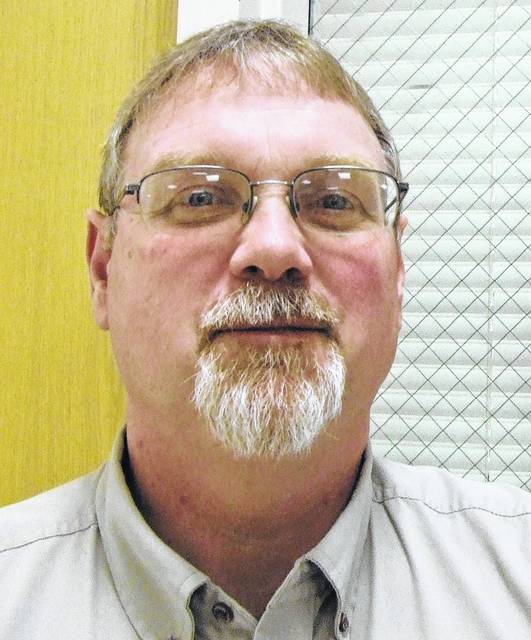
Now that some producers are finishing the 2019 harvest, it is now time to turn their attention to other aspects of the farming operation. These include stored grain management, marketing, soil sampling and fertility decisions, seed selections for 2020 and so much more.
Let us not forget the 2018 Farm Bill. There are some important decisions for farmers and farm landowners to consider. Recently many producers received a newsletter from Dale Hertlein, County Executive Director of the Clinton County Farm Service Agency, highlighting some important dates and options for folks to consider.
Ohio State University Extension and the USDA Farm Service Agency in Ohio are partnering to provide a series of educational Farm Bill meetings this winter to help producers make informed decisions related to enrollment in commodity programs – part of the 2018 Farm Bill.
The 2018 Farm Bill reauthorized the Agriculture Risk Coverage (ARC) and Price Loss Coverage (PLC) safety net programs that were in the 2014 Farm Bill.
While the ARC and PLC programs under the new farm bill remain very similar to the previous farm bill, there are some changes that producers should be aware of. Farm Bill meetings will review changes to the ARC/PLC programs as well as important dates and deadlines.
Additionally, attendees will learn about decision tools and calculators available to help decide which program best fits the needs of their farms under current market conditions and outlook.
There is no need to rush right in to get this all done. It actually is best to wait and get more information that will be helpful to make the right decisions for the operation for at least 2019 and 2020.
For now, mark on your calendar Jan. 7, 2020 from 1-4 p.m. for our Farm Bill Meeting that Dale Hertlein and myself will be hosting at the Clinton County Extension Community room.
One thing that Dale and I both agree on is for producers to consider a one-time opportunity to PLC yields. One question we have heard is whether or not producers should update their PLC yields.
The following is some information regarding updating PLC yields provided by Ben Brown, OSU Agricultural Risk Management specialist:
This is up to the landowner of the FSA farm or a producer that has Power of Attorney for that landowner. All landowners must agree to update a farms PLC yields.
The 2018 Farm Bill give producers the option to update PLC for the lifetime of the 2018 Farm Bill and for any programs that come after the sunset period of the 2014 Farm Bill. Higher yields mean higher payments if PLC payments are triggered and so it is generally to the producer and landowners benefit to update PLC yields when given the change.
They do not have to however. Landowners and producers can request from the Farm Service Agency their current PLC yields.
Starting Oct 1, 2019 and running through Sept. 31, 2020, producers have the option to update their yields.
A decision tool is available in the decision tool section for producers to see if their new yield is higher than their existing PLC yield. The calculation for the 2018 update is based on a simple average of 2013-2017 yields time 90% de-trended to be comparable to the national yields of 2008-2012. Plug years can also be used in 2013- 2017 to erase bad years.
A plug yield is equal to 75% of the county average from 2013-2017. It is expected that if a producer updated yields in 2014 that he or she will not find the 2018 yield update favorable, but is still worth checking. Farmers will need to proof their yields, if they get audited.
Crop insurance records are preferred as they are already proven accredited yields. Even if a farmer does not sign up for PLC, updating PLC yields for future FARM Bill programs will need to be considered.
As mentioned earlier, there is a decision tool available to producers to utilize to see if their new yield is higher than the existing PLC yield of record. Producers can go to www.farmoffice.osu.edu and go to the farm bill link to access this tool.
You can also find much more information related to the 2018 Farm Bill that can help in your Farm Bill program decisions.
In the weeks to come I will be highlighting more questions and topics associated with the 2018 Farm Bill decisions.
Tony Nye is the state coordinator for the Ohio State University Extension Small Farm Program and has been an OSU Extension Educator for agriculture and natural resources for over 30 years, currently serving Clinton County and the Miami Valley EERA.


